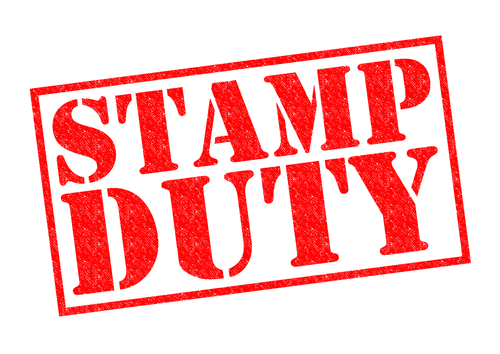

Overall stamp duty receipts jumped 16.7% to £1.4bn in April compared to a year ago, HMRC data shows.

Homebuyers paid £957m as a result of the property levy last month, according to analysis of the latest the official figures by Coventry Building Society.
Since January, residential purchasers have paid £3.4bn in stamp duty, a 6.2% reduction from the same period last year, the mutual says.
“This could be attributed to a lower number of property transactions, with over 17,000 fewer property transactions in England throughout the first quarter of the year,” the lender adds.
Homebuyers currently pay stamp duty if their home costs most than £250,000.
Next March this will drop to £125,000 – taking the tax bill on an average priced home in England from £2,386 to £4,886.
First-time buyers currently pay the levy if their home costs more than £425,000, which is set to drop to £300,000 in March next year.
The data comes as inflation slowed to 2.3% in April from 3.2%, as energy prices dropped sharply from 12 months earlier.
Economists had expected a fall to 2.1% and are divided on whether this increases the chances of a summer base rate cut, or pushes it back as far as November.
Coventry Building Society head of intermediary relationships Jonathan Stinton says: “Today’s drop in inflation could prompt the Bank of England to reduce rates sooner rather than later.
“The hope of base rate reductions could prompt more potential buyers to think about moving, but the upfront tax bill could still be a huge barrier they struggle to get around.
“Paying thousands of pounds in stamp duty could easily disincentivise any would-be buyers and keep people from moving up and down the ladder as freely as they would like.
Stinton adds: “It could cause a prolonged sag in the market, which then prompts drastic measures to get it moving again, resulting in another boom/bust cycle – like we saw with the 2020 Stamp Duty holiday.
“Previous stamp duty changes haven’t stood the test of time – they’ve been quick-fixes which have only helped buyers in the short-term.
“Now is the time for carefully considered reform, taking into consideration some of the issues facing buyers and sellers, with the aim of building long term stability rather than a sudden sharp boost in numbers.”